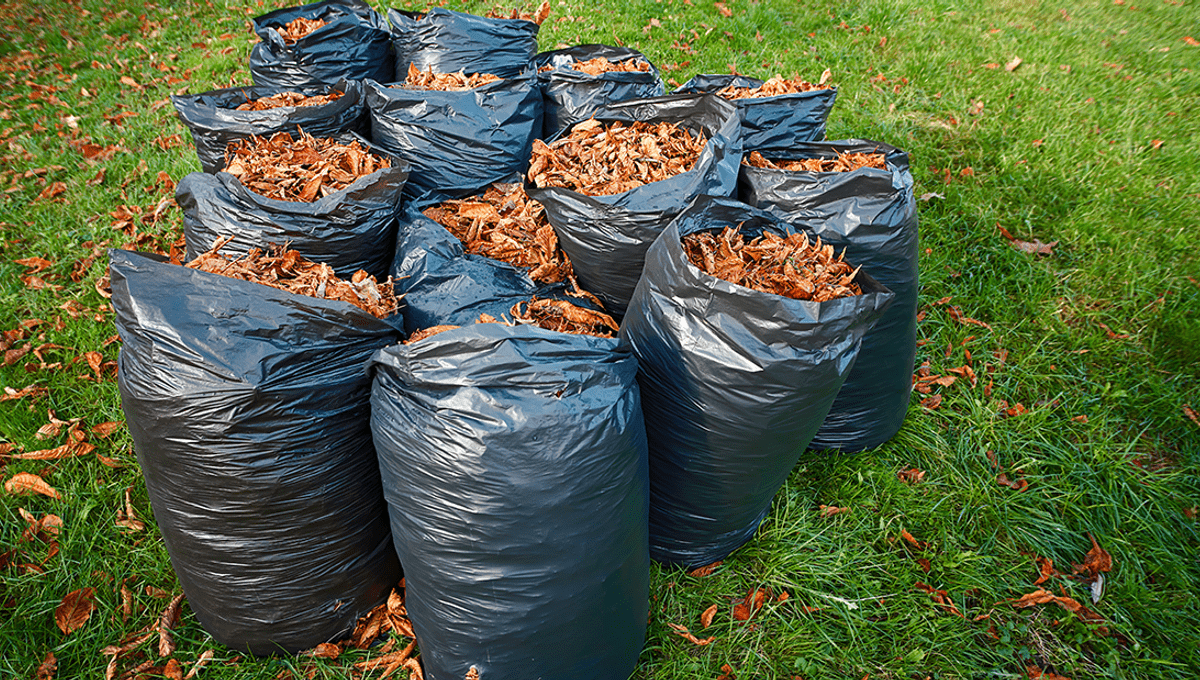
Experts say don’t get rid of those fallen leaves on your lawn this time of year, as if you remove them you will be missing out on lots of free vitamins for your soil. Leaves are full of important nutrients including nitrogen, carbon, phosphorus, and potassium. This natural fertilizer is great for your lawn and the small critters that live in your garden.
You shouldn’t abandon your grass completely, as a layer of dead leaves that is too thick will block the light levels, killing the grass underneath. Instead, you should aim for a thin layer, and consider cutting them up with a lawn mower into a mulch so they decompose more quickly. The mulch layer can even prevent weeds from growing and improve drainage.
“Those nutrients are being returned to the soil,” Susan Barton, a professor and extension specialist in landscape horticulture at the University of Delaware, told NPR. “But probably even more important than that, it’s the organic matter. It’s the fact that you’ve got this tissue that then eventually decomposes and improves the soil health.”
By keeping the leaves you’ll also be doing the wildlife a favor too. Invertebrates like spiders and worms will all benefit from a habitat of damp leaves, in turn providing a meal for those higher up the food chain, including bats and birds. The natural fertilizer that these leaves create will also cut down on the need for chemical pesticides and fertilizers, further benefiting the insect populations, especially pollinators such as bees. Depending on where you live, you may even be benefiting animals like box turtles and chipmunks too.
By not bagging the leaves, you’ll also be cutting down on waste. Every year, 8 million tonnes of leaves end up in landfill, with yard debris responsible for 13 percent of all solid waste in the US. If you do want to collect them, pile them around the base of trees and shrubs.
“Leaves in the forest provide about 50 to 80 percent of the nutrients that trees receive. No one is going into the forest to clean the leaves. On top of that, leaves protect the levels of moisture that reach the trees and also regulate the soil temperature. So they’re like gold for trees,” Melissa Hopkins of the National Audubon Society told NPR in 2011.
This is part of a bigger move towards sustainability and getting people to look at leaves as a natural resource rather than an inconvenience.
As summarized by National Wildlife Federation Naturalist David Mizejewski in 2020: “Fallen leaves offer a double benefit. Leaves form a natural mulch that helps suppress weeds and at the same time fertilizes the soil as it breaks down. Why spend money on mulch and fertilizer when you can make your own?”
Source Link: Don’t Throw Away The Leaves On Your Lawn This Fall, Say Experts